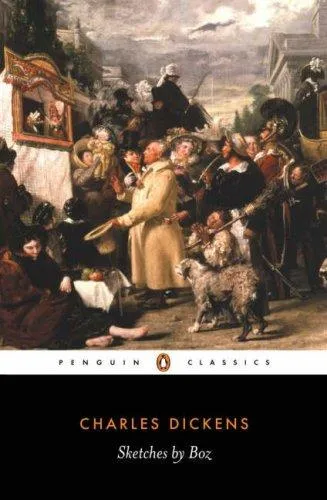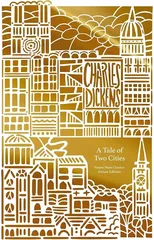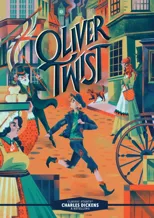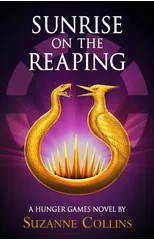Charles Dickens's first book, complete with all the pathos and comic invention of his later masterpieces Published under the pen-name 'Boz', Charles Dickens's first book Sketches by Boz (1836) heralded an exciting new voice in English literature. This richly varied collection of observation, fancy and fiction shows the London he knew so intimately at its best and worst - its streets, theatres, inns, pawnshops, law courts, prisons, omnibuses and the river Thames - in honest and visionary descriptions of everyday life and people. Through pen portraits that often anticipate characters from his great novels, we see the condemned man in his prison cell, garrulous matrons, vulgar young clerks and Scrooge-like bachelors, while Dickens's powers for social critique are never far from the surface, in unflinching depictions of the vast metropolis's forgotten citizens, from child workers to prostitutes. A startling mixture of humour and pathos, these Sketches reveal London as wonderful terrain for an extraordinary young writer. In his introduction, Dennis Walder discusses Dickens's social commentary, his view of London and his imaginative mixing of genres, and places the Sketches in the tradition of eighteenth and nineteenth-century reportage. This edition also includes the original illustrations by George Cruickshank, a chronology, further reading, appendices and notes. For more than seventy years, Penguin has been the leading publisher of classic literature in the English-speaking world. With more than 1,700 titles, Penguin Classics represents a global bookshelf of the best works throughout history and across genres and disciplines. Readers trust the series to provide authoritative texts enhanced by introductions and notes by distinguished scholars and contemporary authors, as well as up-to-date translations by award-winning translators.
Charles Dickens
Charles Dickens was an English novelist and social critic, born in 1812. He is best known for his vivid characters, intricate plots, and powerful social commentary. Some of his most notable works include "Oliver Twist," "Great Expectations," and "A Christmas Carol." Dickens' writing style often combined humor with pathos, and his works often highlighted the struggles of the lower classes in Victorian England.
Dickens had a profound impact on the development of the novel as a literary form, helping to popularize serial publication and bringing attention to issues of poverty, injustice, and inequality. His most famous work, "A Tale of Two Cities," is a historical novel set during the French Revolution and is considered a classic of English literature. Dickens' legacy continues to resonate today, as his works remain popular and influential in the world of literature.









